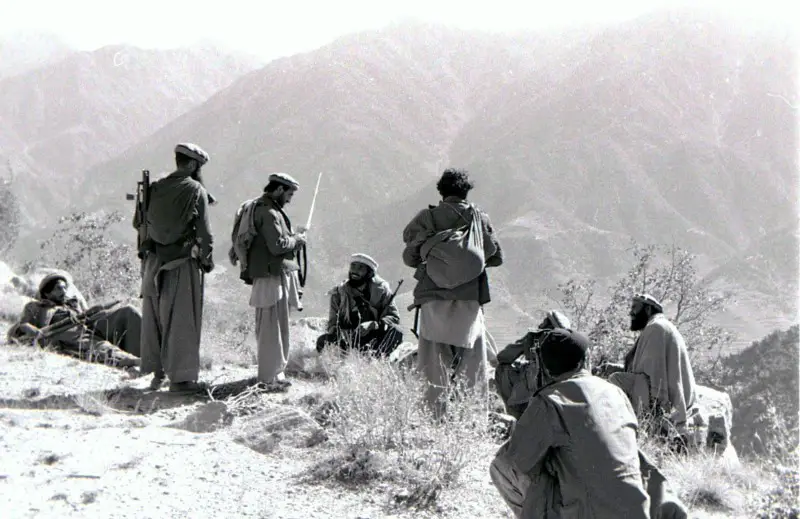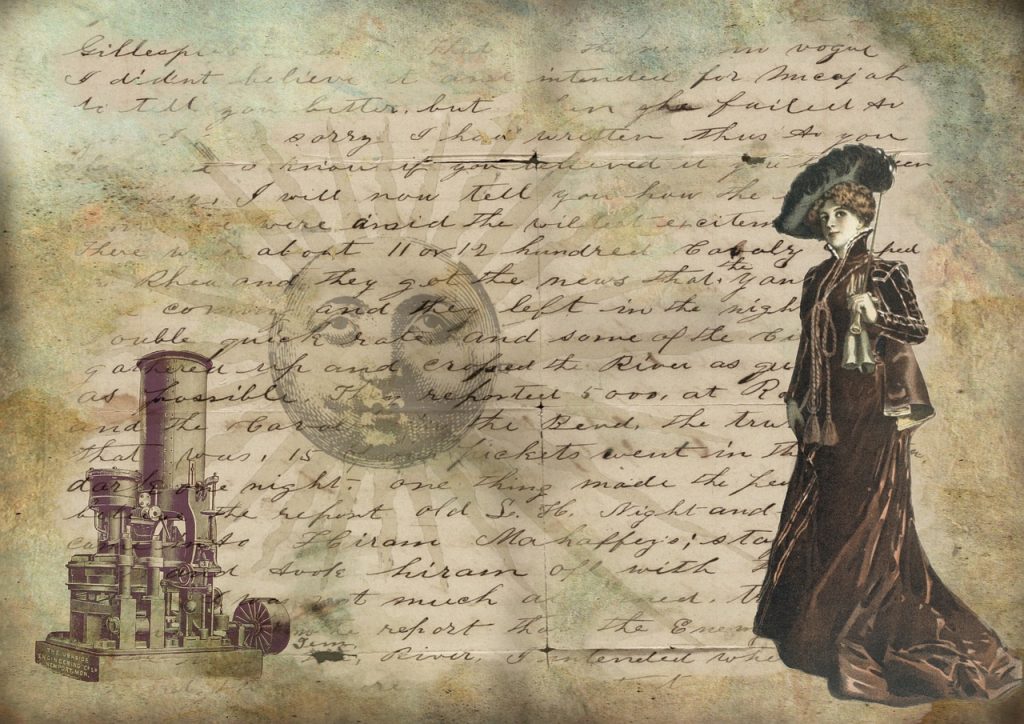 ou might have heard some people referring to Afghanistan as the “Graveyard of Empires”. This saying has come about due to the suggestion that several empires collapsed as a result of their invasion of Afghanistan. What does this actually mean, and why is this term used? To discover the provenance of this, we must look at two key examples from which this term mainly stems from.
ou might have heard some people referring to Afghanistan as the “Graveyard of Empires”. This saying has come about due to the suggestion that several empires collapsed as a result of their invasion of Afghanistan. What does this actually mean, and why is this term used? To discover the provenance of this, we must look at two key examples from which this term mainly stems from.
The USSR
Although the collapse of the USSR came about as a result of many factors, we cannot discredit the impact that the invasion of Afghanistan had on the stability of the country. The invasion resulted in massive economic and political impacts on the already unstable union.
Afghanistan has always been notoriously hard to conquer. Even with the technological might of the USSR, the invasion still failed. Mountainous terrain combined with guerilla tactics meant that the vehicle-based army had a tough time making progress within Afghanistan’s borders. Even safeguarding the minimal holdings that the Red Army did gain became a hard feat.
CIA backing of Islamic insurgents further made the guerilla warfare tactics of the locals even more ferocious. Now armed with American technology such as shoulder-launched anti-air rockets and combined with excellent knowledge of the local landscape, the locals left little leeway for the invading force
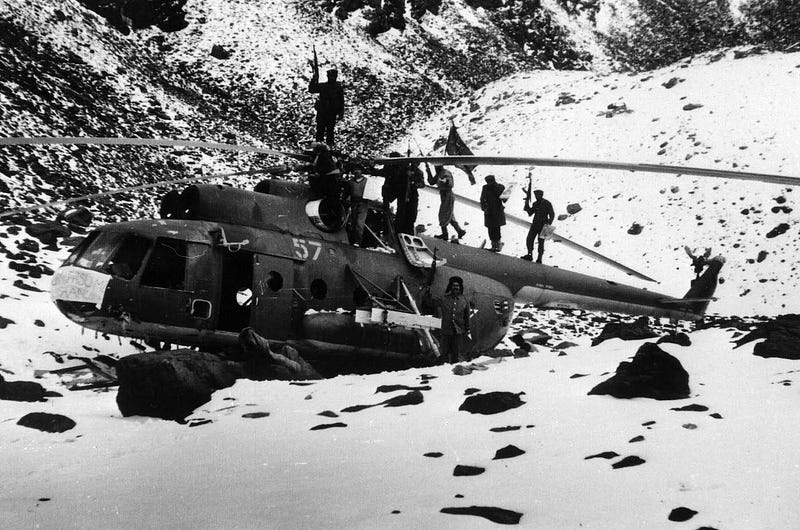
By the end of the war in 1989, the cost of maintaining the huge war machine of the USSR got so high that it put the union on the brink of bankruptcy. It would only take 2 more years for the USSR to officially dissolve, putting an end to the communist experiment for the foreseeable future.
The British Empire
At one point in history, at its height, the British Empire owned or controlled ⅓ of the whole world. Therefore it might surprise many that the empire’s eventual downfall came about due to its inability to take over the region of Afghanistan.
The British invasion of Afghanistan is broken up into 3 distinct campaigns. All three ending with the Afghani people as victors in some way. The goal of the First Anglo-Afghan War (1839–1842) was to placate Afghanistan, putting it under British influence.
Keeping Afghanistan under British control was vital as Russia had ambitions to conquer India. Not safeguarding Afghanistan could mean the loss of India and all of her resources, something the Empire could not afford.
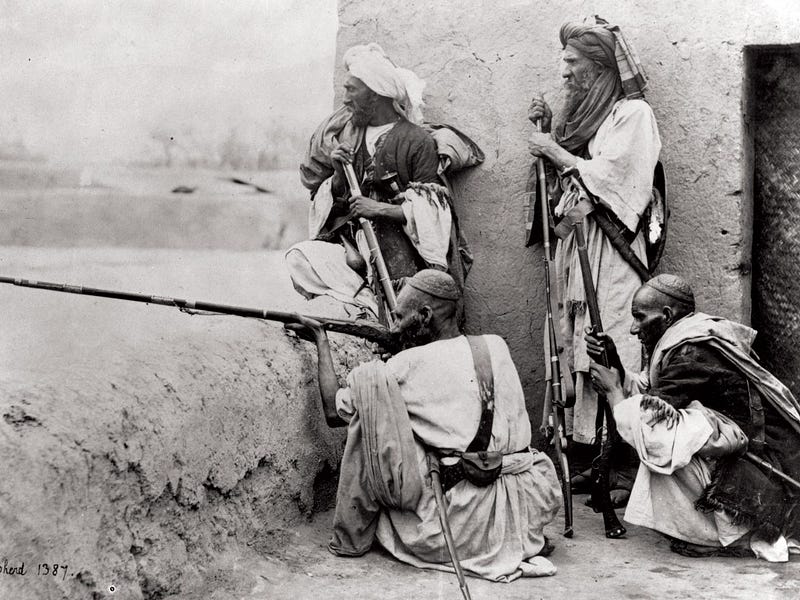
By the time of the Third Anglo-Afghan War (1919), it would become clear that Britain could not subdue the people of the region. This war only lasted 4 months, ending with a decisive Afghani victory. The ensuing peace treaty signed at Rawalpindi guaranteed Afghani independence. The fall of British influence on Afghanistan inspired many under British rule.
Many dominions looked upon the Afghani wars as a case study of what they could also do. Those unhappy with their overlord now had hope that they also could break their shackles and become independent.
With the dominions escaping the grasp of the empire, Westminster would be forced to give them constitutional autonomy in 1931. By 1947 the once-great empire lost most of its significant colonies, with the final nail in the coffin being Indian independence in 1947.
Correlation and causation
As a rule, correlation doesn’t always equal causation, and thus this all should be taken with a grain of salt. Although in both cases, the invasion of Afghanistan played a definitive part in their collapse, events of such scale cannot be analyzed by only looking at one factor.
There are always two sides to a story, and this is especially true in history. As a result, it is important to look at the other factors that affected the fall of these empires.
The USSR
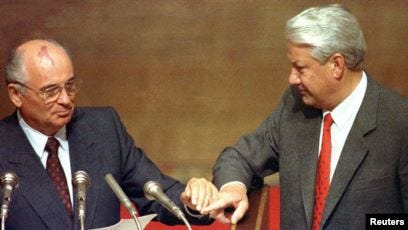
In the 1980s, the USSR was rife with economic, political, and general national problems. The war put pressure on the already failing economic system, which hadn’t changed much since the introduction of Stalin’s First 5-Year Plan in 1928.
Outdated and outmatched by the west, the Soviet economy could not keep up with the demand placed on it by war. On top of this, political instability would also grow to a boiling point due to a range of reforms introduced by Gorbachev.
The culmination of all of these factors and more were to blame for the collapse of the Soviet Union. Placing the blame solely on the Soviet invasion of Afghanistan would be doing history injustice.
Similarly, for the British Empire, a range of factors played a role in its collapse. The world wars, most notably World War Two, weakened the empire. During the Second World War, the once-great world power found itself unable to protect even its home island from attack.
Concessions were made with the dominions to ensure its survival. Most notably, in the case of India, in return for their support, Britain would guarantee them their independence.
Such sayings as “Afghanistan is the Graveyard of Empires” can spread very quickly. As a result, those who do not read into the facts that create the fiction can easily be misled. In our example, although some evidence leads us to agree with the statement, if we look deeper, we discover that the claim is made with no factual basis.

Student of Philosophy, Politics and Economics. History fanatic. Contact: aneculaeseicg@gmail.com

